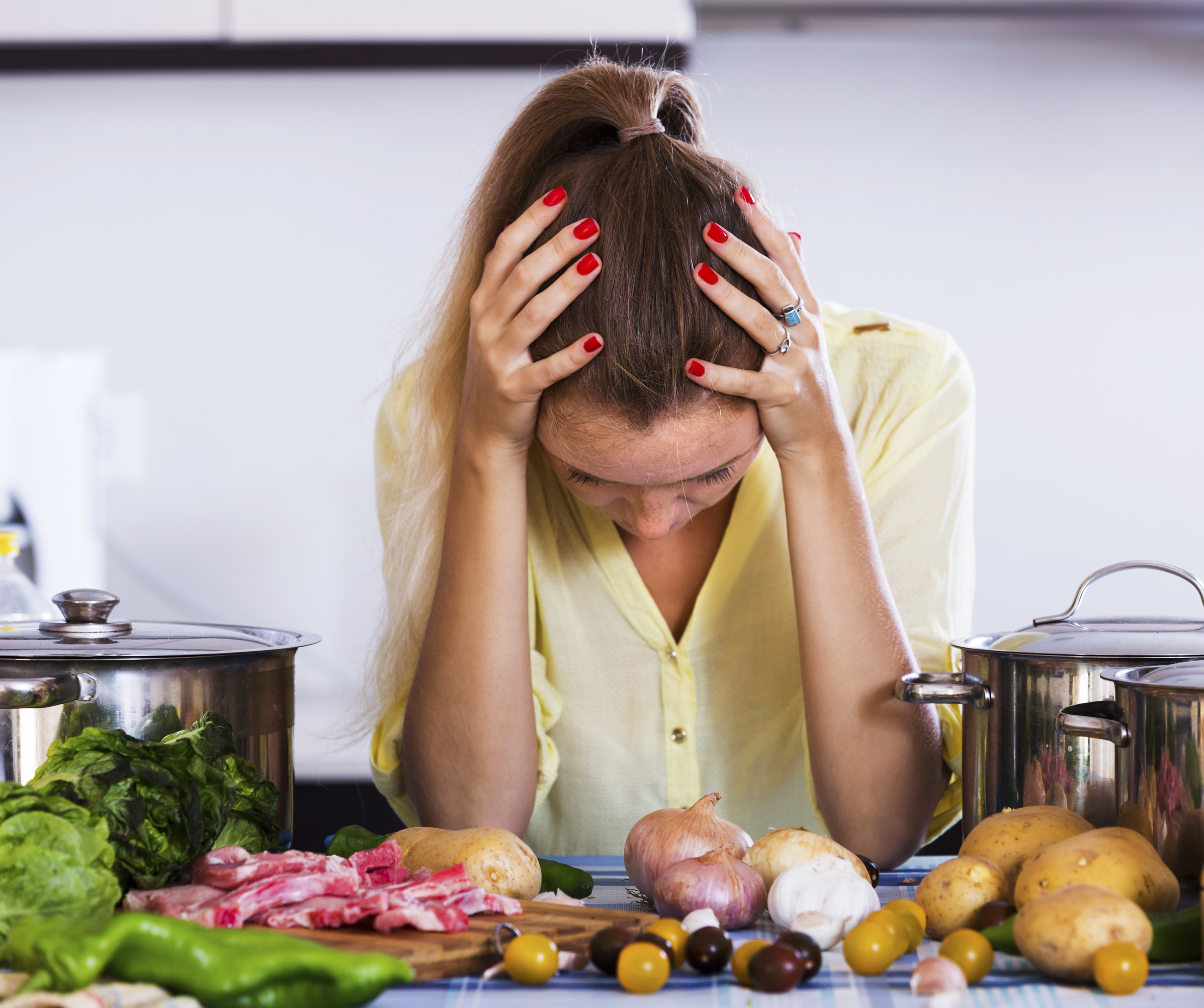The Depression and Weight Connection

(This content is being used for illustrative purposes only; any person depicted in the content is a model)
Depression can make you gain weight Weight. gain does not help with improving your confidence and helping you become a more confident person. Most people do not want to struggle with tight clothes on top of being depressed. So unfair, right?
On the contrary, depression can make you lose weight. For some, depression may be the reason behind their eating disorder behaviors. It Is not uncommon for these two to link together. Feelings of lethargy and worsened depression symptoms can be a result of these irregular eating patterns.
The good news is there is a clear reason why this happens. Low confidence stems from our insecurities and vulnerabilities. Perhaps you had a lack of support from parents or humiliation or abuse from those who were meant to protect you. Many factors can cause a negative relationship with one’s body and oneself.
Food plays a key role in the mind-body relationship. Out diet is something we can easily change. However, it ends up being difficult to control sometimes. The dual diagnosis of eating disorders like anorexia and bulimia along with depression is incredibly common. Food patterns often relate to a person’s depression.
Let’s better understand how our dietary habits influence depression and how depression can trigger problems related to our eating patterns.
Link Between Depression and Weight
- Lack of energy.
A common symptom of depression is a lack of energy. A person with depression may not feel they have the energy to go grocery shopping and cook for themselves. This can result in a person undereating or overeating. For those who gain weight, you may find yourself eating out or eating convenient junk food instead of cooking yourself a healthy meal. If you were health-conscious before, depression could make you careless about what you put in your body. On the contrary, someone who loses weight while they are depressed may not want to take the time to find something to eat so they skip meals instead. Both are unhealthy ways of managing one’s depression symptoms. Long-term undernourishment further declines a person’s mental state making it harder to escape from these feelings. - “I don’t deserve to eat.”
People with depression often lose weight instead of gain weight. Depression is frequently accompanied by feelings of worthlessness and uselessness. A person may feel they do not deserve to eat. They may validate this by saying there are others more deserving of food than they are. They internalize these arguments and adopt them. Such ideologies instill in a person for years and result in eating disorder behaviors. - Food as a substitute.
Using food as a source of pleasure in the midst of darkness is a common reason why people who are depressed gain weight. If a person is feeling so bad that they refuse to leave the house, exercise or hang out with friends, over time food will become their only source of joy. Unfortunately, this can lead to binge eating.
There are a variety of ways that depression can reveal itself. Eating behaviors are one of the most common. Skipping meals, low appetite, and food sensitivities all relate to depression. The problem with these patterns is that irregular eating patterns can make symptoms of depression worse.
Depression and Nutrition
Nutritional deficiencies can make symptoms of depression worse. When you are not getting the proper nutrients in your body, you may begin to feel lethargic and struggle even more with your depression symptoms. One of the first things a person with depression should analyze is their diet. Just by changing eating patterns, your depression symptoms can improve tremendously. While this does not mean it will disappear, it will make certain symptoms like lethargy more manageable.
If you struggle with depression, please monitor your eating patterns and do not let that get in the way of getting help. Depression and food often connect. Please do not hesitate to call and we will get you on the right track. If you or someone you love is struggling with substance abuse or addiction, please call toll-free 1-800-777-9588.
